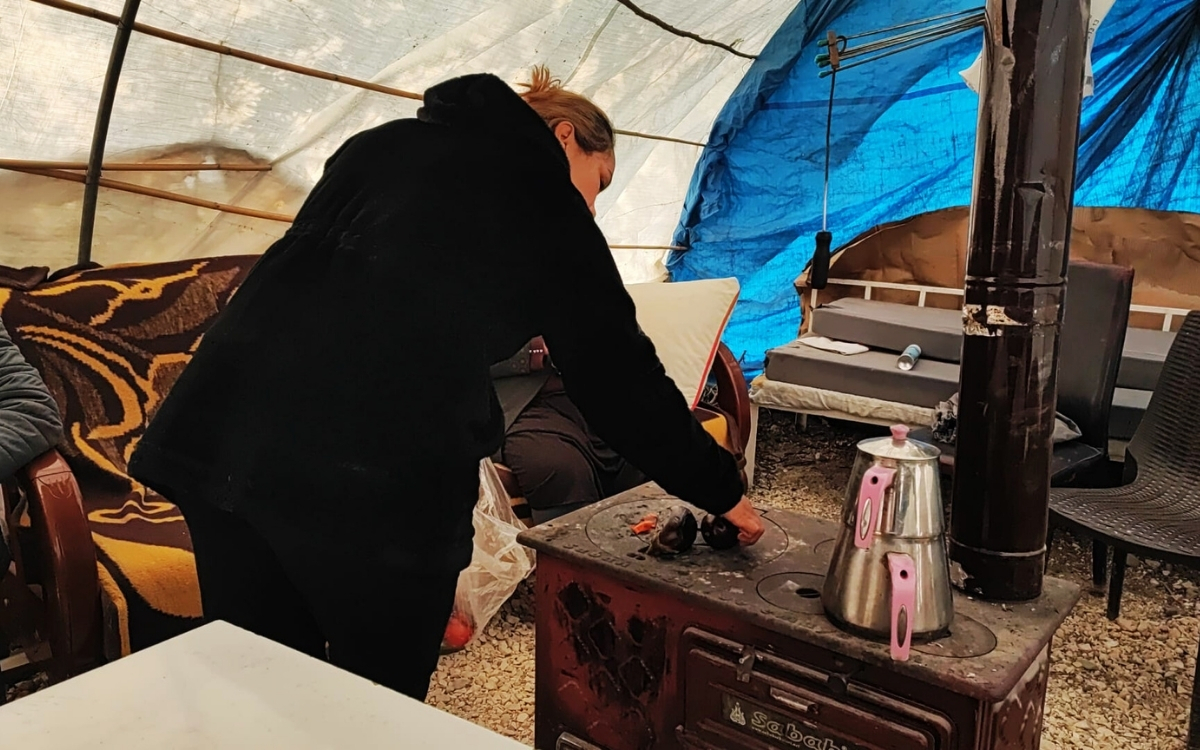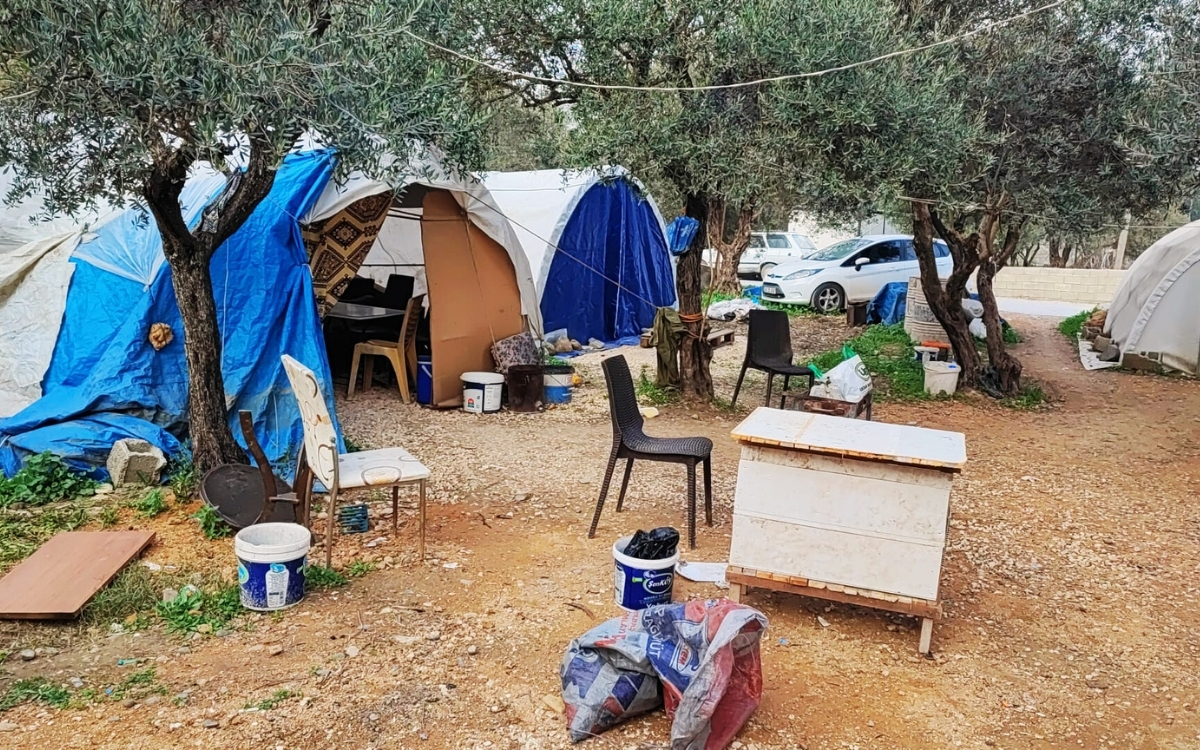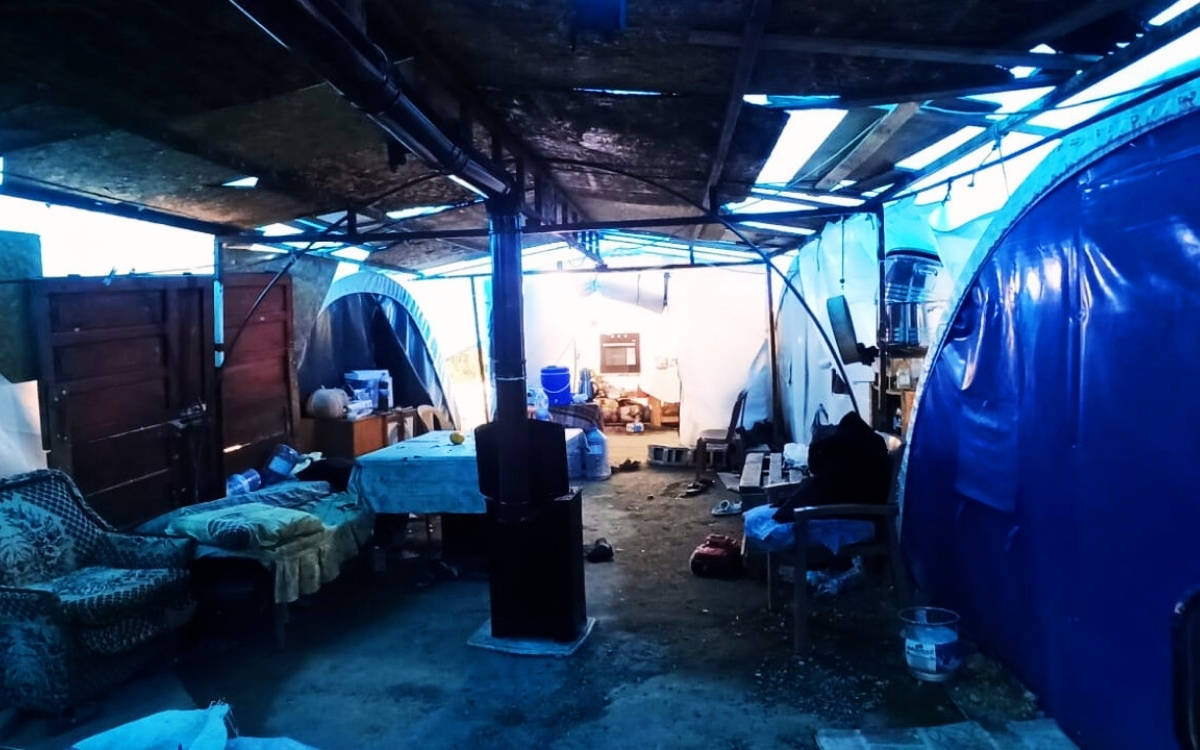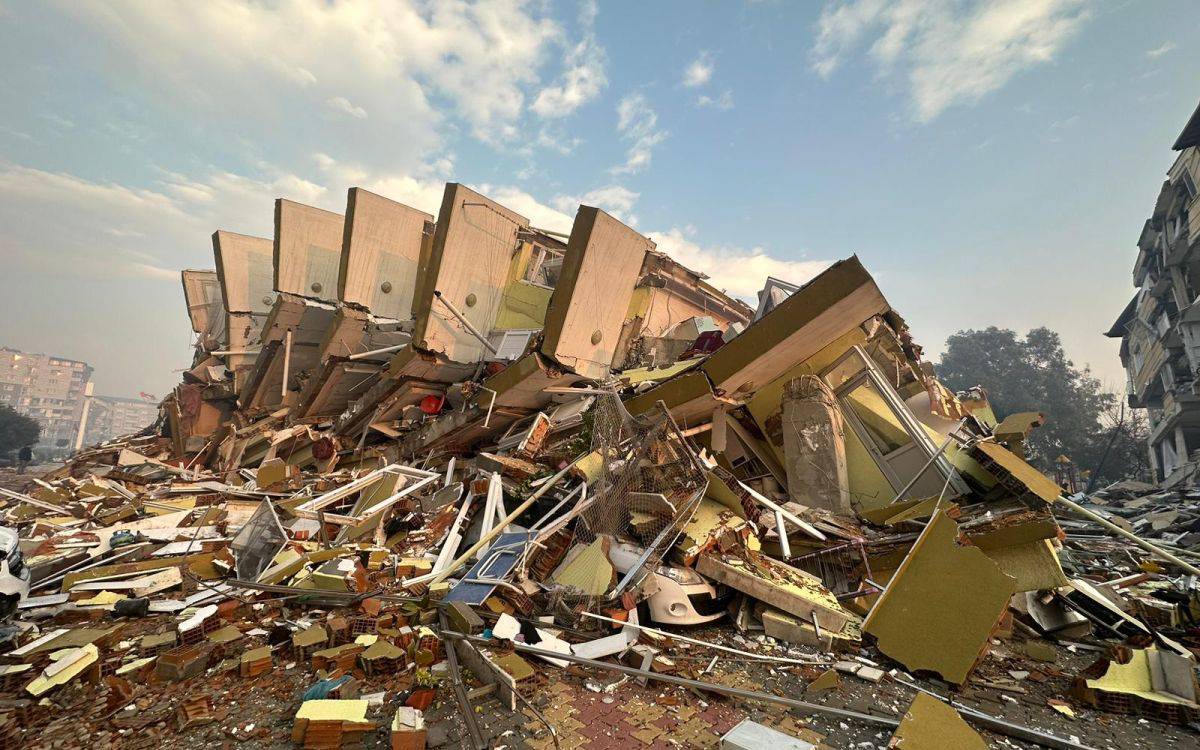February 6 marks the anniversary of the earthquakes centered in Maraş, and Hatay, one of the cities most affected, still has hundreds of earthquake victims spending their second winter in containers and tents.
Although Vice President Cevdet Yılmaz claims that there are no earthquake victims without containers, all earthquake victims in Hatay, regardless of living in a house, container, or tent, face different challenges.
While earthquake victims have found various solutions for shelter, they encounter difficulties in accessing basic needs such as food, water, transportation, livelihood, and health. The conditions of those still living in tents are even more challenging.
Some of the earthquake victims in Hatay complain that they have made the jobs of the officials they have reached more difficult in solving their problems. Some attribute their complaints to adverse weather conditions, while others point to the inadequacy of institutions.
Conditions for providing containers
Canet Küçükçay, who lost her home and work in the earthquake, expressed the challenges of living in a tent: "We are an eight-person family. They said they would give one container for all of us and if we agreed to live in the container city. This could be more challenging than staying in a tent. Therefore we wanted to stay in our garden near our house. Since February, we have been living in a tent we set up with our own means in our garden. Tent conditions are difficult. It leaks when it rains, and the stove pipes break during storms. In rainy weather, we are left in the mud. There was also a pest problem in the summer."
Küçükçay, noting that they could not reach authorized institutions for their problems and needs, continued his speech: "Officials keep passing us from one unit to another. Since we cannot get results from them, we try to solve our problems ourselves. For example, despite applying multiple times, I cannot get the 15,000 TL I need for our collapsed house and the monthly 5,000 TL that should be paid to the homeowners. They announce that they distribute food, but we haven't seen that. We have been buying food for months. Food distribution is only done in container cities. Those in rural areas or far from the city center cannot benefit from anything. Besides, prices are skyrocketing."

“Tent is more challanging for women”
Küçükçay emphasized that housing, water, and health problems persist, stating that except for emergencies, they have to go to Adana, Reyhanlı, or İskenderun for any health issues. He said:
"We lost our jobs. After months, when we found a job, this time we need to find a private vehicle to go to work. We are facing inadequacies in transportation as well. They will also charge us for the water and electricity we have used since the earthquake. In the message I received two days ago, it said that the unpaid electricity fee before February 6 would not be collected. There is hardly anyone who did not pay their electricity before the earthquake because otherwise they would come and cut it immediately. They make us pay every penny of the bills. As a woman, I face a lot of difficulties in terms of bathing and personal care. The tent is more challenging for women in this sense. When menstruating, we suffer in front of everyone. We lost the concept of personal space."
“Municipalities are making our lives more difficult”
Another earthquake victim, Ali Taşar, stated that he could not benefit from the container provided by the officials because they preferred to be close to their home, and that therefore he lives with his family in a tent he set up with his own means.
Taşar also said:
"The containers provided by the officials leak. The containers offered by private companies are very sturdy but expensive, and we cannot afford them. The municipality asks us for a project and a water meter for a shack we made with our own means from adobe. What kind of construction project can there be for a temporary shack? Municipalities are making our lives more difficult. For months, we had to get electricity from our neighbors. We also use a wood stove for heating.
"The Governorship and AFAD (the Disaster and Emergency Management Presidency) said in a written announcement months ago, 'Applications for transition to container cities have been closed.' After closing these requests, no one can make a new application, and then they announce 'there is no one left living in tents.' We are living in a tent. Let them come and see our condition. We don't want to leave our garden and tangerine trees. That's why we are not in the container city, but we need a container because the weather conditions are tough."

“Official aid has been cut”
Another earthquake victim, Gökhan Ağbaht, who is now entering the 11th month in a tent, mentioned that the winter months were challenging, and they were taking care of things on their own.
Ağbaht said, "Spending the winter in a tent is very difficult; the weather is very cold. Our biggest shortage is water. Officials are inadequate in meeting our needs. Everyone who can't find a job is migrating to Mersin or other cities. Official aid has been cut off, and the aid that comes is from volunteers."
He mentioned that they try to solve the heating issue with electric blankets and stoves, but they also risk the danger of fire under these conditions. Ağbaht added that they have been requesting a "Swedish tent" from the district governorship for four months, but they haven't received any results.
Another citizen who preferred not to disclose her name stated that she lost her home and job in the earthquake, her children couldn't go to school due to financial difficulties, and her family went to Mersin to work. (JE/TY/PE)








